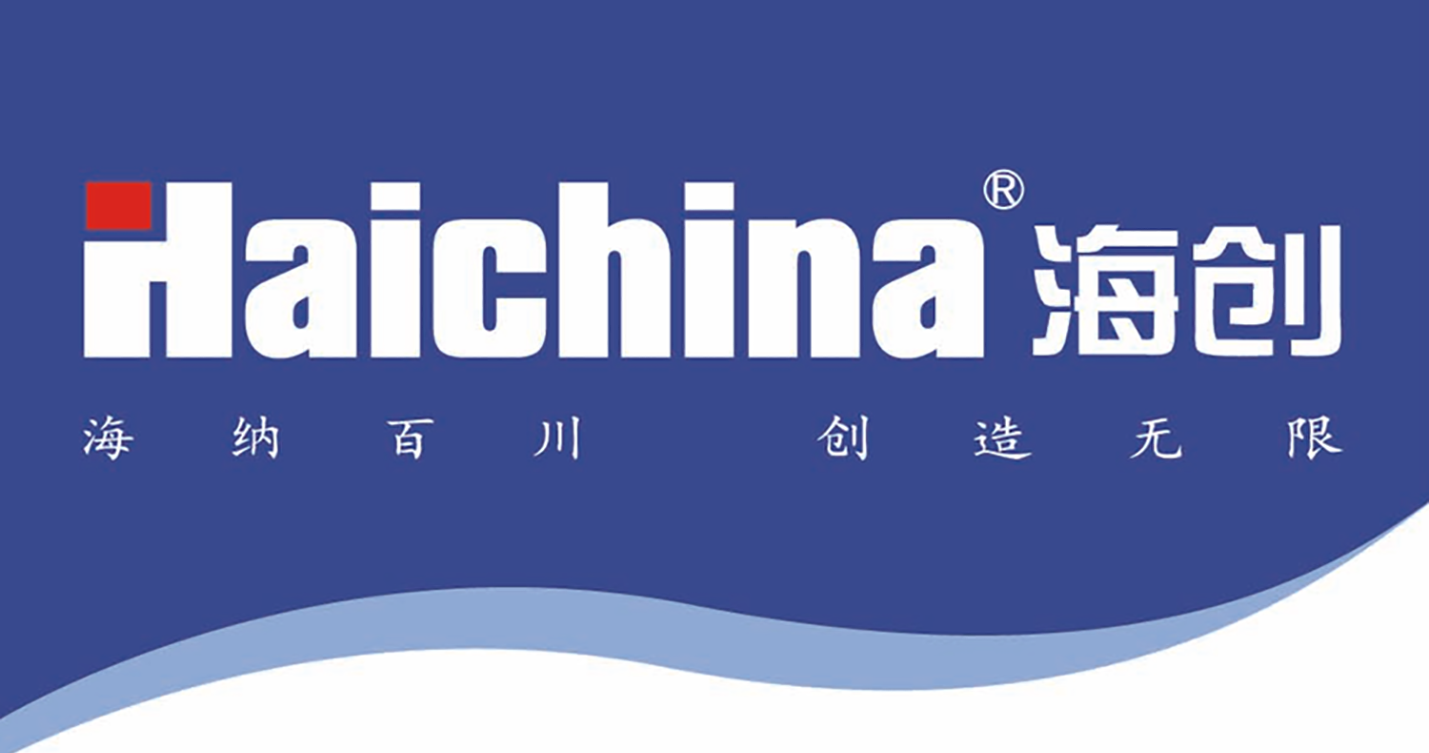Call to Action
Fill out the form to contact us, We promise to respond to you quickly.
Adapting to the Needs of Diverse Industries
Sep 05, 2025
Packaging machinery stands as a cornerstone of modern industrial production, offering unparalleled flexibility and efficiency in handling an extensive array of products across countless sectors. From food and pharmaceuticals to electronics, cosmetics, and industrial goods, the adaptability of these automated systems enables businesses to meet specific packaging requirements while maintaining high standards of speed, accuracy, and cost-effectiveness.
In the food industry, packaging machines are designed to address stringent hygiene and preservation standards. They handle products ranging from loose solids like grains and snacks to liquids such as beverages and sauces. Advanced form-fill-seal (FFS) machines create pouches or trays adapted to different shelf lives and barrier needs, while vacuum sealers extend freshness, and cartoning systems assemble ready-to-sell retail units. Modifications like nitrogen flushing for snacks or sterile packaging for dairy highlight the sector-specific customization enabled by modern machinery.
The pharmaceutical and healthcare sectors rely on packaging solutions that ensure product safety, compliance, and precision. Blister packaging machines accurately dose tablets and capsules, while vial and syringe fillers operate in sterile environments. Tamper-evidence features, serialization for track-and-trace mandates, and strict labeling requirements are seamlessly integrated into automated lines. This ensures that each product meets regulatory expectations while minimizing human contact and contamination risks.
In cosmetics and personal care, packaging equipment combines aesthetic sensitivity with functional reliability. Machines fill bottles, tubes, and jars with creams, liquids, and powders, often incorporating elegant decoration or precise dosing. Flexibility is key, as frequent packaging redesigns and limited-batch production runs are common in this dynamic and trend-driven industry.
Electronics manufacturers depend on packaging systems that provide both protection and presentation. Anti-static materials, cushioning inserts, and sealed barriers shield sensitive components from moisture, shock, and ESD damage. Automated machines assemble cardboard boxes, place products securely with customized fittings, and apply labels with scannable barcodes—all tailored to the fragility and value of the contents.
Even in heavy industries such as automotive or construction, packaging machinery plays a vital role. Parts ranging from small fasteners to large components are bagged, boxed, or palletized automatically. Durability and weather resistance are often critical, leading to the use of reinforced materials and robust sealing methods. These systems streamline logistics while reducing losses due to handling or environmental exposure.
What makes such vast adaptability possible is the technological evolution in machine design. Servo-driven actuators allow for quick changeovers between product sizes and shapes. Vision systems verify quality, position, and label accuracy. Programmable logic controllers (PLCs) and IoT connectivity enable operators to switch production profiles with minimal downtime. Moreover, modular machinery designs allow factories to integrate additional functions—such as checkweighing, metal detection, or QR code printing—as needed.
Sustainability has also become a central concern across industries, and packaging machines have adapted accordingly. Many now support recyclable, biodegradable, or lightweight materials to reduce environmental impact. Smart filling systems minimize product waste, while energy-efficient drives lower the carbon footprint of operations.
Ultimately, the ability of packaging machinery to serve such a broad spectrum of industries stems from its inherent engineering flexibility, continuous innovation, and alignment with both market demands and regulatory requirements. As products and consumer expectations continue to evolve, so too will packaging systems—intelligently, reliably, and indispensably—bridging the gap between production and the world marketplace.
Recent Posts

October 26, 2016
The Most Successful Engineering Contractor
Sep 26, 2025
The Export Strategy for Cartoning Machines
Sep 15, 2025
Materials for 3D Overwraping Machine
Sep 01, 2025
The Operating Principles of Packaging Machinery















